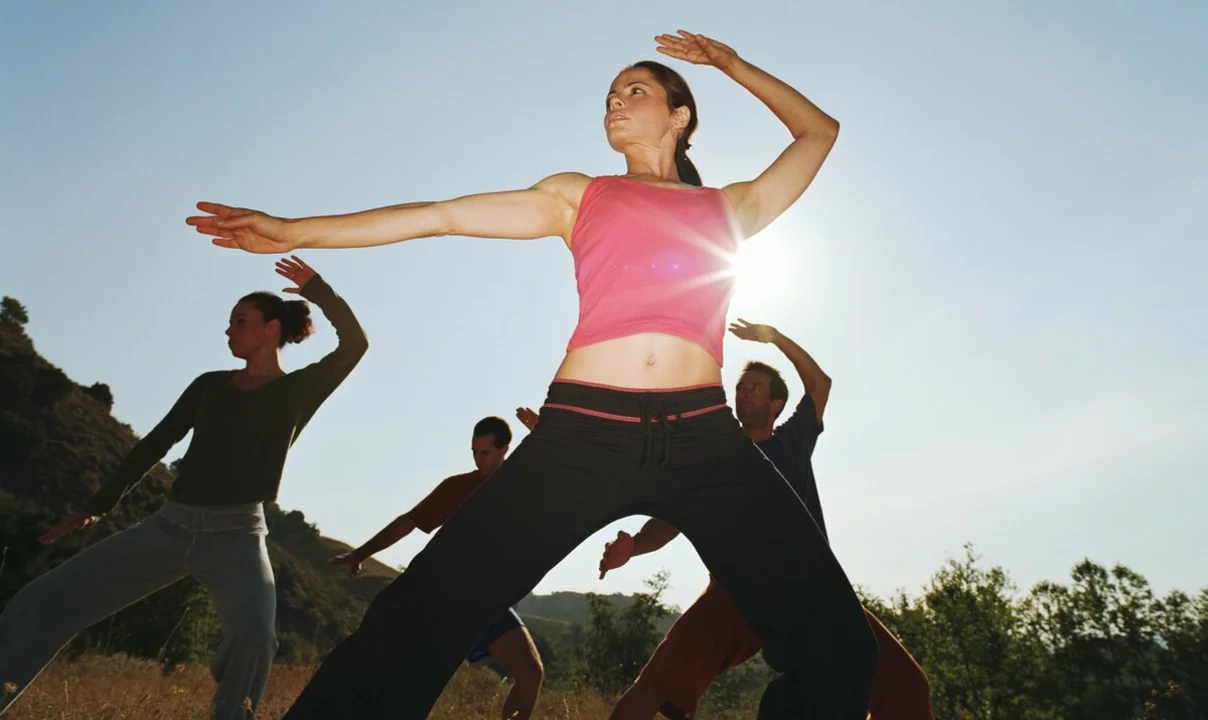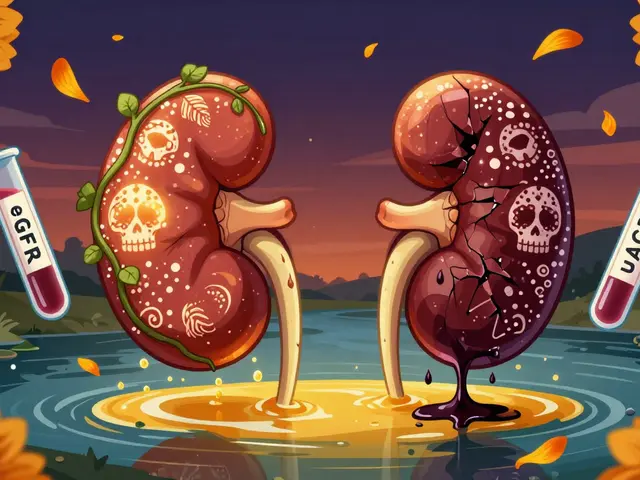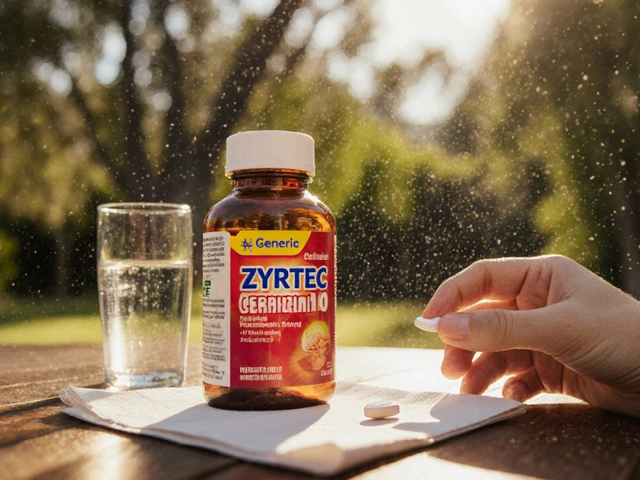Muscle Stiffness: Quick Causes, Relief & When to Act
You wake up with tight shoulders or your calves lock after a run, muscle stiffness is common, but it’s not always harmless. Most of the time stiffness comes from overuse, poor posture, or missing a warm up. It can also appear after sitting too long, like at a desk or on a long flight. Knowing the simple steps to ease stiffness helps you move sooner and avoid repeat problems.
Common causes and quick fixes
One common cause is delayed onset muscle soreness, the ache that peaks a day or two after unfamiliar exercise. Fix it with gentle movement, ice the first day if it is painful, then switch to heat to relax muscles. Another cause is tight posture muscles, the neck, chest, and hips from slouching. Break long sitting sessions every 30 to 45 minutes and stand, stretch, or walk for a few minutes.
Dehydration and low electrolytes can make muscles cramp and feel stiff. Drink water and include a little salt or an electrolyte drink after heavy sweating. Medications and medical conditions like thyroid problems, arthritis, or infections can also cause stiffness. If you suspect a medicine or an illness, check with your doctor.
Easy stretches and movements that help now
Try these simple moves: neck tilts and gentle shoulder rolls to loosen the upper back and traps. For hips and lower back, do a seated figure four stretch and gentle forward bends. Calf stiffness responds well to wall calf stretches and slow heel drops on a step. Hold each stretch 20 to 30 seconds and repeat two to three times on both sides. Do not push into sharp pain, mild discomfort is okay, pain is not.
Active recovery works better than complete rest for most stiffness. Light walking, cycling, or swimming increases blood flow and speeds recovery. Foam rolling or self massage can break up tight spots; focus on slow, controlled pressure and stop if it makes things worse.
Over the counter pain relievers like ibuprofen or naproxen can reduce inflammation for a few days, but avoid masking pain that warns you of an injury. Topical rubs with menthol, capsaicin, or simple heat patches offer short term relief without systemic side effects.
When should you see a doctor? See a clinician if stiffness follows a fall, is getting worse instead of better, is locked with swelling or redness, or comes with fever, numbness, or weakness. Also get checked if stiffness limits basic tasks for more than a week or keeps coming back despite simple care. Some cases need imaging, blood tests, or referral to a physical therapist.
Simple habits prevent stiffness: regular movement, a short warm up before exercise, staying hydrated, and sleep that allows muscle repair. If you use a standing desk, alternate positions and keep your monitor at eye level to avoid neck strain. Small daily changes lead to far fewer stiff mornings and tighter workouts. If in doubt, talk with your doctor or a physiotherapist today.

I recently discovered the incredible benefits of Tai Chi for reducing muscle stiffness and improving balance. This ancient martial art, often referred to as "meditation in motion," focuses on slow, flowing movements that promote relaxation and flexibility. Practicing Tai Chi regularly has not only helped me alleviate my muscle stiffness, but it has also greatly improved my balance and coordination. I highly recommend giving Tai Chi a try if you're looking to enhance your well-being and overall fitness. Trust me, your body and mind will thank you!
Chris Gore May 13, 2023




